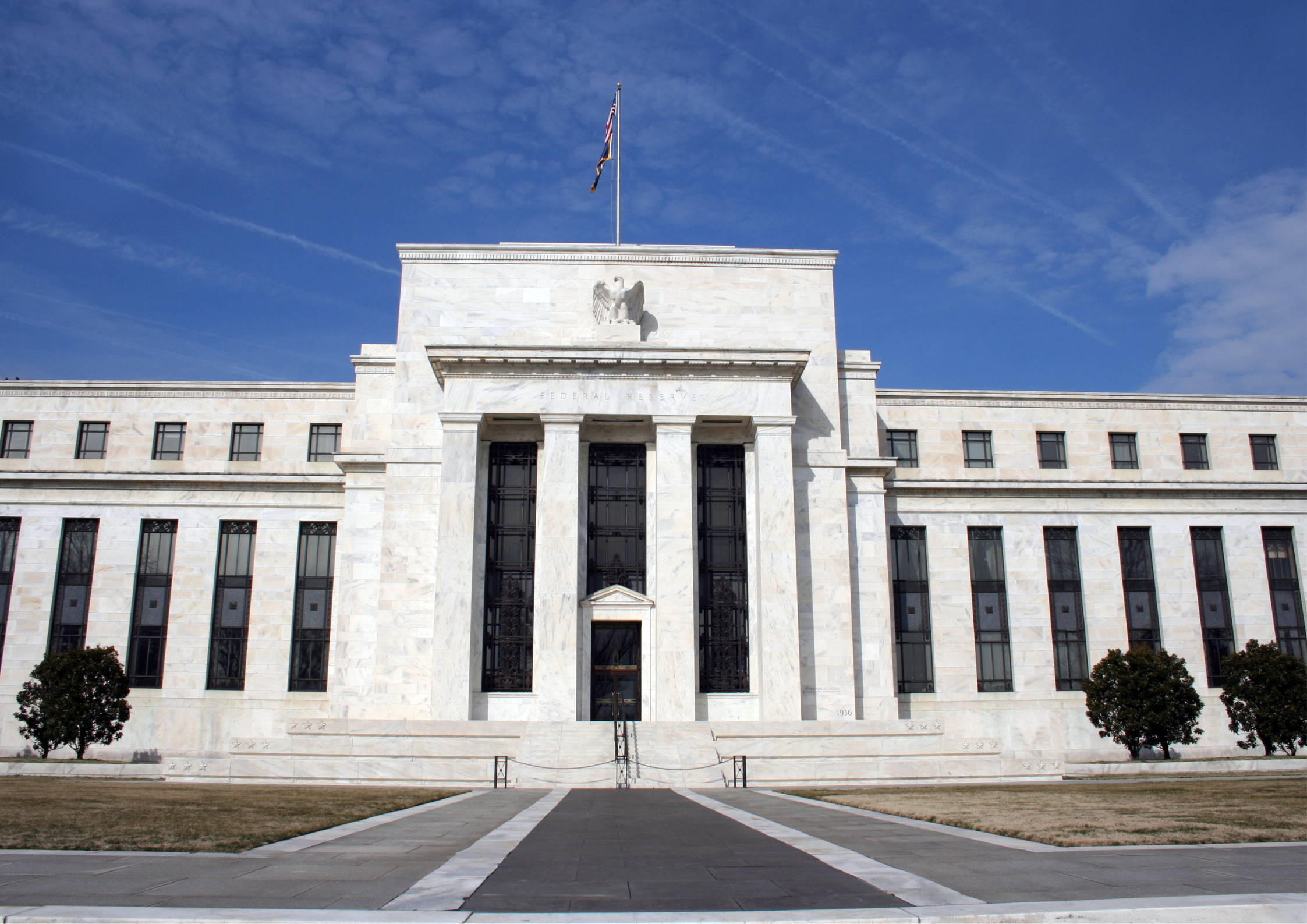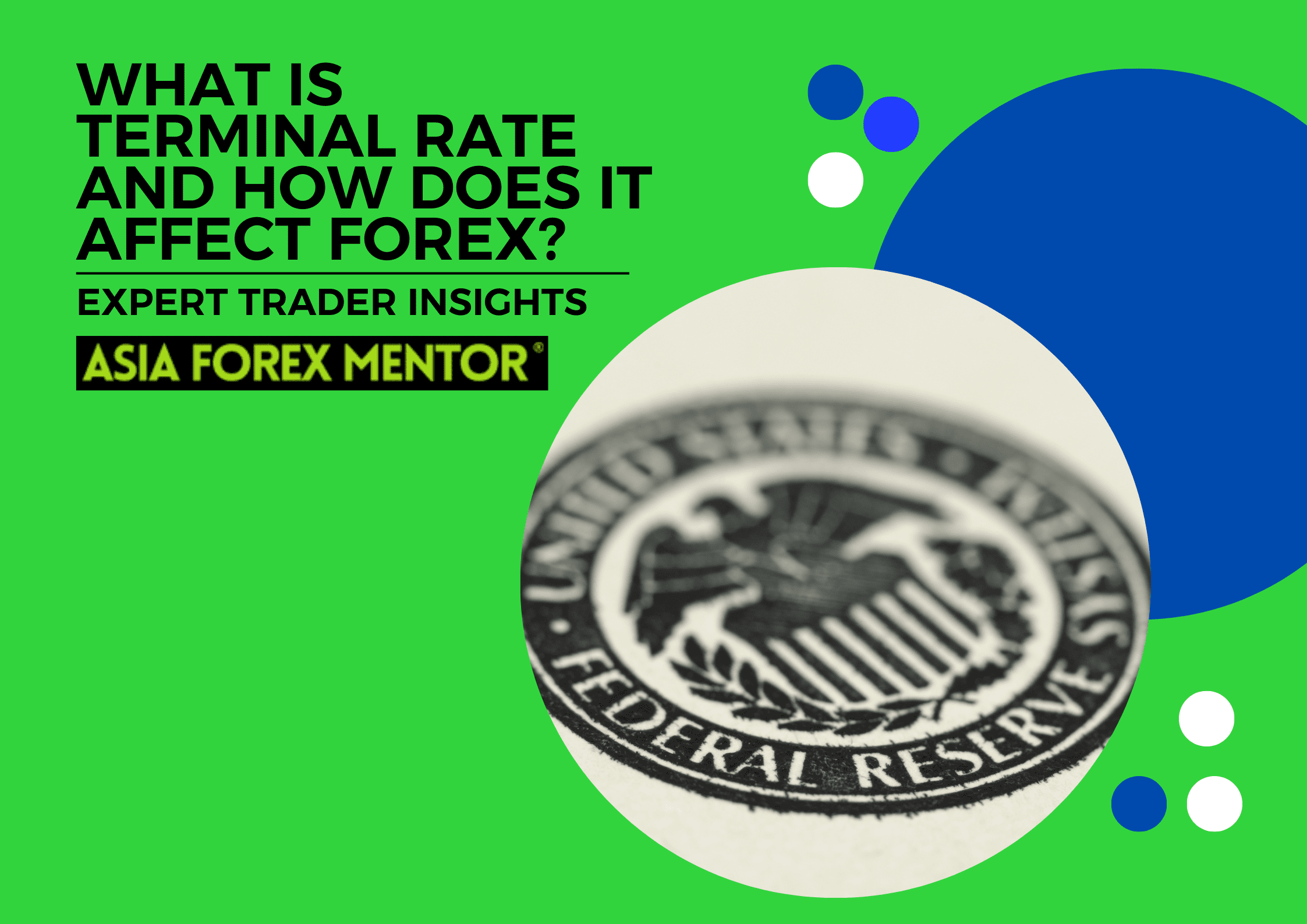
Asian markets tumbled on Thursday amid heightened anticipation for a key U.S. inflation report and renewed yet ineffective measures from China to revive its struggling property sector. Major benchmarks in Tokyo, Hong Kong, and Sydney each fell more than 1%, reflecting broad regional uncertainty.
Anticipation Builds for U.S. Inflation Report
The focal point for global investors this week is the upcoming U.S. government inflation report, particularly the personal consumption expenditures (PCE) index, which is the Federal Reserve’s preferred gauge of inflation. This report, due Friday, could provide critical insights into the Fed’s future interest rate policies. Recent mixed economic data has kept investors on edge, leading to a wait-and-see approach. The report’s findings may signal when the Fed will start cutting interest rates, currently at their highest levels in over two decades, influencing global financial conditions.
Chinese Stimulus Measures Fail to Lift Market Sentiment
In Asia, the Chinese government’s latest attempts to boost its property market have yet to invigorate investor confidence. Hong Kong’s Hang Seng Index fell 2% to 17,733.76, and the Shanghai Composite Index dipped 0.6% to 2,955.13.
Beijing’s recent measures, including reductions in minimum down-payment ratios and mortgage interest rates, have failed to overcome the negative sentiment. These steps, part of a broader national strategy to reignite a dormant market, follow a government crackdown on excessive borrowing by property developers that led to widespread defaults and economic slowdown in the world’s second-largest economy.
Yen Weakness Weighs on Tokyo Markets
In Tokyo, the Nikkei 225 Index dropped 0.8% to 39,341.54, amid concerns over the weakening Japanese yen. The U.S. dollar surged to 160.35 yen early Thursday, its highest level since 1986. Japanese officials have hinted at possible market intervention to stabilize the yen, a move that could have mixed economic impacts.
Other Asian markets also experienced declines. Australia’s S&P/ASX 200 fell 0.3% to 7,759.60, Taiwan’s Taiex lost 0.4%, and Bangkok’s SET Index sank 0.7%. Conversely, shares rose in Mumbai, Jakarta, and Singapore, providing a glimmer of positive performance in the region.
Tech Stocks Buoy Wall Street Amid Subdued Trading
The broader market performance comes in the wake of a mostly subdued trading day on Wall Street on Wednesday. U.S. benchmarks remained near their all-time highs from last week, with the S&P 500 edging up 0.2% to 5,477.90, the Dow Jones Industrial Average finishing less than 0.1% higher at 39,127.80, and the Nasdaq Composite rising 0.5% to 17,805.16. Despite these gains, around 65% of S&P 500 stocks declined.
Key tech stocks buoyed U.S. markets, with Amazon.com jumping 3.9% and surpassing $2 trillion in market value for the first time. This followed Nvidia’s brief ascendancy to a $3 trillion valuation. FedEx shares soared 15.5% after strong quarterly results, while Rivian rocketed 23.2% on Volkswagen’s announcement of a $5 billion investment. Apple and Microsoft also posted gains, reinforcing their influence on market direction due to their substantial market capitalizations.
Hopes for Federal Reserve Rate Cuts
Investors remain hopeful that the Federal Reserve will soon begin cutting interest rates to ease economic pressures without derailing inflation control efforts. Wall Street is particularly focused on a potential rate cut at the Fed’s September meeting. Despite inflation and high borrowing costs, the U.S. economy has shown resilience, although signs of slowing growth are emerging. The Fed’s challenge lies in timing rate cuts to relieve economic pressure without falling short of its inflation goals.
In commodities, U.S. benchmark crude oil fell by 11 cents to $80.79 per barrel, while Brent crude, the international standard, decreased by 9 cents to $84.38 per barrel. The euro edged up to $1.0696 from $1.0681.










